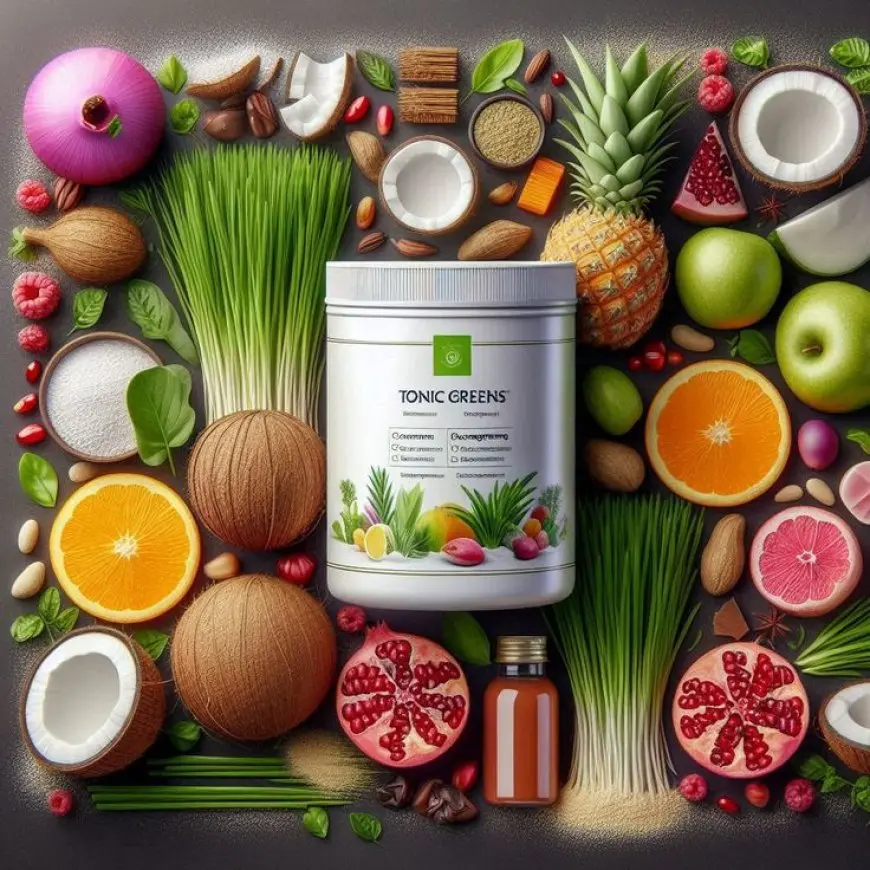The Benefits of Probiotics and Prebiotics
The Benefits of Probiotics and Prebiotics

Probiotics and prebiotics play vital roles in maintaining a healthy gut, which is essential for overall well-being. While probiotics are live microorganisms that provide health benefits when consumed in adequate amounts, prebiotics are non-digestible fibers that serve as food for probiotics, helping them thrive. Together, they contribute to improved digestion, immunity, and even mental health. Here's a deeper look at their benefits:
The Benefits of Probiotics
Improved Digestive Health
Probiotics help balance the gut microbiome by increasing the number of beneficial bacteria. This can alleviate digestive issues such as diarrhea, constipation, bloating, and irritable bowel syndrome (IBS). Certain probiotic strains, like Lactobacillus and Bifidobacterium, are particularly effective in maintaining a healthy gut.
Enhanced Immunity
A significant portion of the immune system resides in the gut. Probiotics support immune function by strengthening the gut barrier and producing substances that inhibit harmful pathogens. Regular probiotic intake may help reduce the frequency and severity of infections, such as the common cold.
Mental Health Support
The gut-brain axis links the gastrointestinal system to mental health. Studies suggest that probiotics can positively impact mood, anxiety, and even depression by influencing the production of neurotransmitters like serotonin.
Management of Allergies and Skin Conditions
Probiotics may help reduce symptoms of allergies, such as eczema, by modulating immune responses. They can also improve skin health by reducing inflammation and promoting a balanced microbiome.
Support During Antibiotic Use
Antibiotics can disrupt gut bacteria, leading to diarrhea or other digestive issues. Taking probiotics during and after antibiotic treatment helps restore gut balance and prevent complications.
The Benefits of Prebiotics
Promoting Gut Health
Prebiotics serve as food for beneficial gut bacteria, promoting their growth and activity. This helps maintain a balanced microbiome, which is essential for digestion and nutrient absorption.
Improved Digestive Regularity
Prebiotics, found in foods like bananas, garlic, onions, and asparagus, are high in fiber, which promotes regular bowel movements and prevents constipation.
Enhanced Mineral Absorption
Prebiotics improve the absorption of essential minerals such as calcium and magnesium, supporting bone health and metabolic functions.
Reduced Risk of Chronic Diseases
By fostering a healthy gut environment, prebiotics can help reduce inflammation, which is linked to conditions like obesity, heart disease, and diabetes.
Synergy with Probiotics
When consumed together, prebiotics and probiotics create a synergistic effect called synbiotics. For example, yogurt with added inulin (a prebiotic) enhances the survival and activity of probiotic bacteria.
How to Incorporate Probiotics and Prebiotics into Your Diet
Probiotic Sources
- Fermented foods like yogurt, kefir, kimchi, sauerkraut, and miso
- Supplements containing specific strains like Lactobacillus and Bifidobacterium
Prebiotic Sources
- High-fiber foods such as bananas, garlic, leeks, onions, asparagus, and whole grains
- Prebiotic supplements, often containing inulin or fructooligosaccharides
Key Considerations
While probiotics and prebiotics offer numerous benefits, individual responses can vary. It’s essential to choose strains and foods that suit your specific health needs. Additionally, consult a healthcare provider if you have underlying health conditions or are considering supplements.







